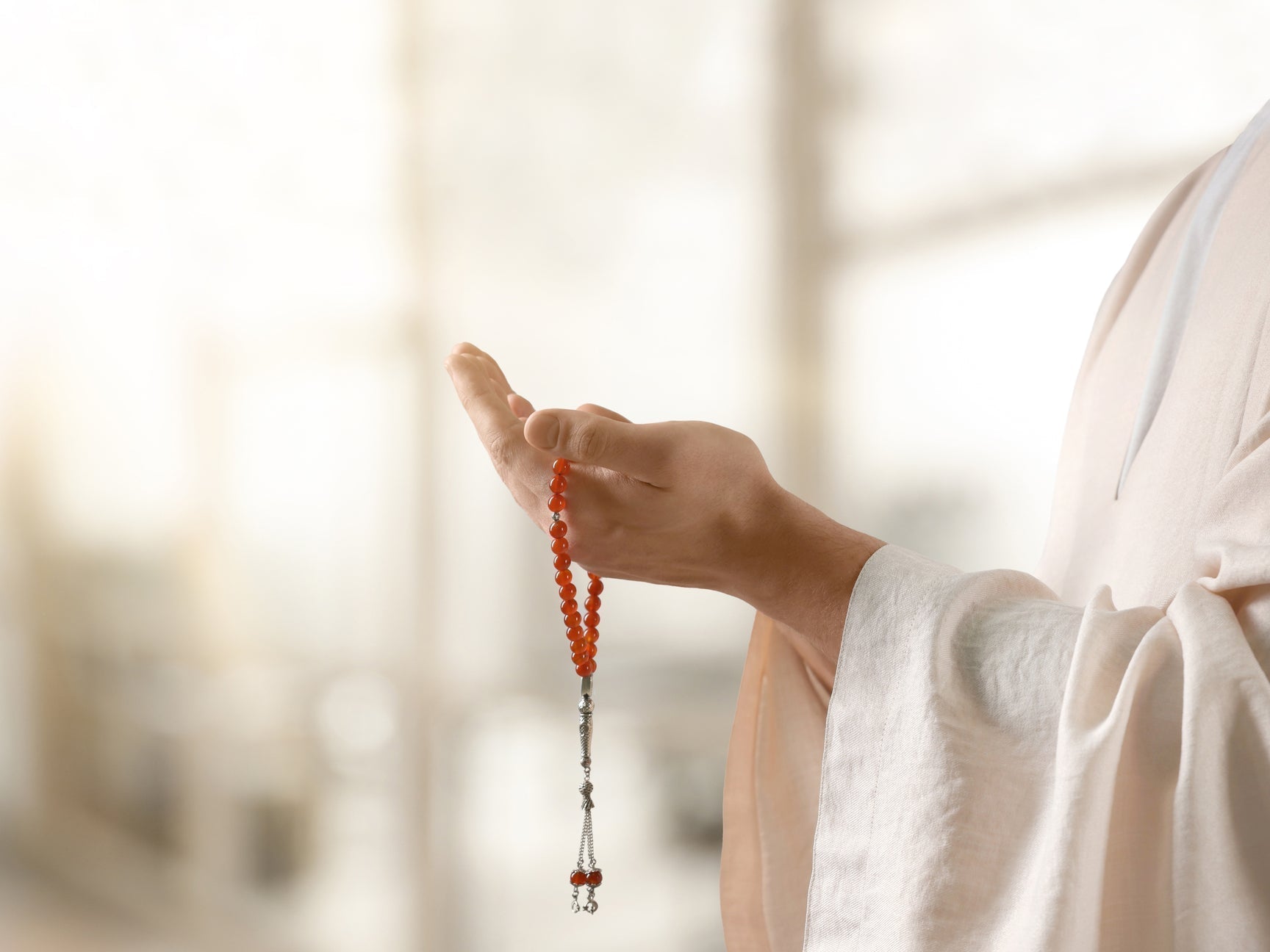المقال: The Five Pillars of Islam

The Five Pillars of Islam
The Five Pillars of Islam
Islam, is built upon a set of essential principle that guide our lives. At its core are the five pillars of Islam that serve as the foundation for every Muslim’s faith and practice. It’s important to recognize that these principles do not only define the religious aspect of a Muslim’s life, but also extend their influence into the social, ethical, and moral dimensions of the daily existence.
In this blog we will discuss the five pillars of Islam; in the correct order. And explore each one individually to shed the light on its importance and effect on our daily life.
- The Shahada (Faith): “There is no god but Allah, and Muhammad is the messenger of Allah”. The shahada is the first and most fundamental pillar of Islam. This statement reflects a Muslim’s acknowledgment of the absolute oneness of Allah and the acceptance of Prophet Muhammad as his final messenger. It signifies the person’s commitment to Islam and distinguish Muslim’s from those of other faiths. The shahada is recited not only as a religious daily duty, but also significant during conversion to Islam, and before death.
- Salat (Prayers):
Salat is the second pillar of Islam, and involves the practice of five ritual daily prayers performed at specific times, consist of recitations and physical postures. Muslims are required to perform salat in a specific direction; facing Kaaba in Mecca which is called The Qibla. These prayers serve as a direct connection between the individual and Allah. Also has positive impacts on the person’s spiritual, physical, and mental health and social life.
- Zakat (Almsgiving):
It’s the third pillar of Islam, and it refers to the obligatory charity and donations to support those in need. Each Muslim is required to give a portion of their wealth, typically 2.5%, to help the less fortunate. This practice is important as it promotes social justice and compassion within the community.
- Sawm (Fasting):
During the ninth month of the Islamic calendar; Ramadan, Muslims are expected to fast from dawn to sunset. They abstain from food, drink, and other physical needs. Except elderly, ill, pregnant, breast-feeding, and children under puberty; they are exempted. Fasting is not only a mean of self-purification, but also an opportunity to emphasize with the hunger and focus on spiritual growth.
- Hajj (pilgrimage):
The fifth pillar is Hajj, which is a pilgrimage to the holy city of Mecca. It is obligatory for every Muslim to perform this journey at least once in their life, if they are physically and financially capable. Hajj is a profound experience of unity, equality, and submission to Allah. As millions of Muslims from around the world gather to perform Hajj in Mecca.
These five pillars of Islam serve as the core principles of faith and guidance in each Muslim’s life. Promoting spiritual growth and represent the foundation upon which Islamic beliefs are built.
